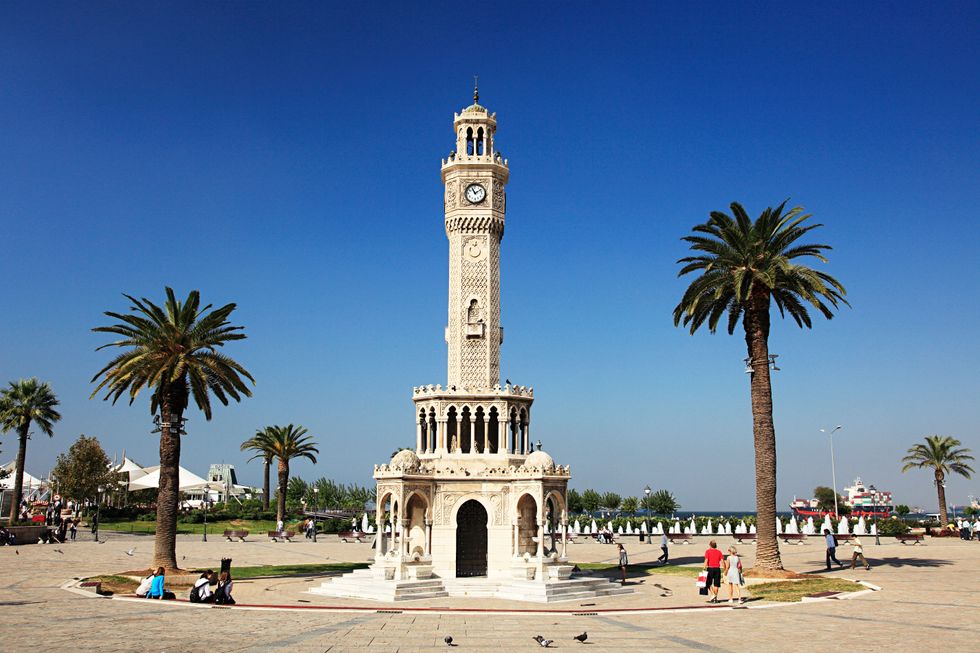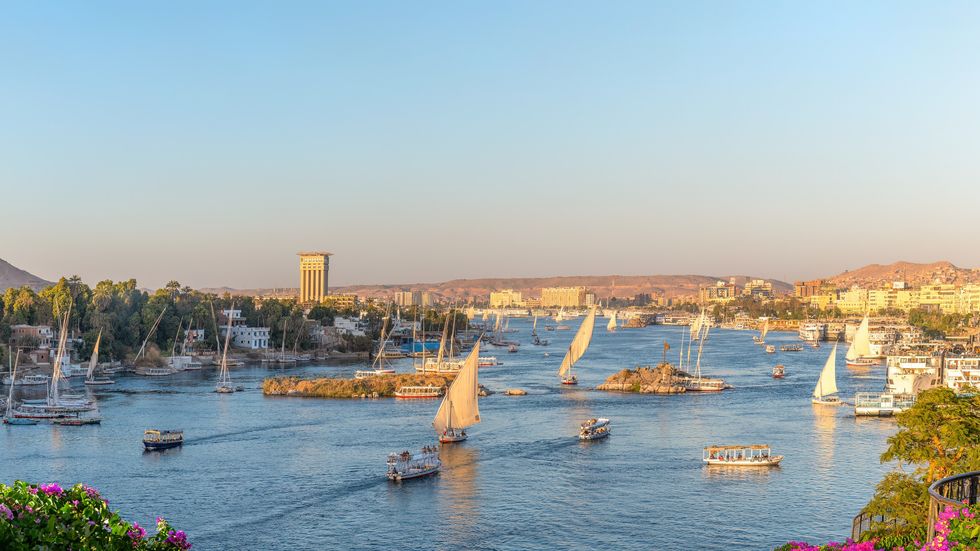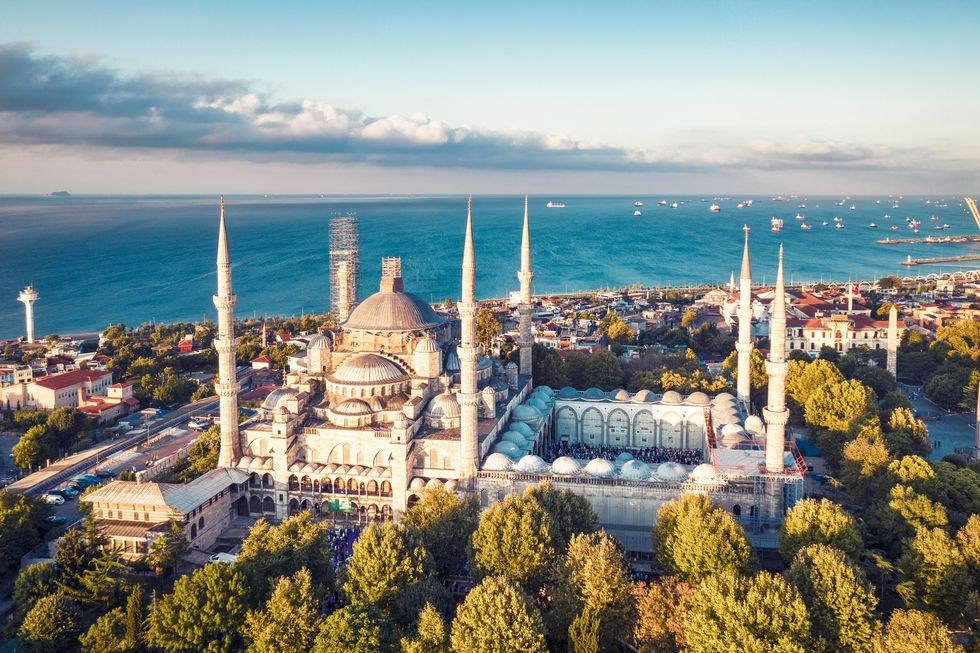Lewis Henderson
Guest Reporter
The Foreign, Commonwealth & Development Office (FCDO) has issued updated travel advice for British tourists planning to visit Turkey, Egypt and the UAE during the upcoming Ramadan period.
The holy month is expected to begin on either February 28 or March 1, 2025, lasting for approximately 29 to 30 days.
Tourists are advised to seek specific local guidance from their tour operators, hotels or business contacts upon arrival for detailed information about observances in their destination.
The FCDO has outlined several activities that may cause offence during daylight hours in Ramadan.

The FCDO said: "During this time, it may cause offence if you eat, drink, smoke or chew gum in public in the daytime, including in your car."
Public dancing and playing loud music should also be avoided during the holy month.
The guidance specifically warned against swearing in public during this period, as it may be considered particularly offensive.
Visitors are advised to check opening hours for shops and restaurants, which may operate on adjusted schedules during Ramadan.
LATEST DEVELOPMENTS

Tourists are encouraged to exercise additional patience during the late afternoon and early evening hours.
The FCDO noted that fasting can lead to increased tiredness among local residents during these times.
It told Britons: "Be patient and show tolerance. Fasting can cause tiredness, particularly during the late afternoon and early evening."
British holidaymakers have also been warned that UK nationals "could be denied permission to leave" Asia.

Hotels and restaurants serving food during fasting hours may separate non-Muslim guests from Islamic guests, often using screens.
These measures are designed to respect those who are fasting whilst accommodating tourists and non-fasting visitors.
Visitors are advised to be mindful of local dress codes, as clothing that does not meet local standards may cause increased offence during Ramadan.
The FCDO warned that driving conditions may become more challenging, particularly around sunset when people are heading home to break their fast.
Find Out More...
The holy month is expected to begin on either February 28 or March 1, 2025, lasting for approximately 29 to 30 days.
Tourists are advised to seek specific local guidance from their tour operators, hotels or business contacts upon arrival for detailed information about observances in their destination.
The FCDO has outlined several activities that may cause offence during daylight hours in Ramadan.

The FCDO said: "During this time, it may cause offence if you eat, drink, smoke or chew gum in public in the daytime, including in your car."
Public dancing and playing loud music should also be avoided during the holy month.
The guidance specifically warned against swearing in public during this period, as it may be considered particularly offensive.
Visitors are advised to check opening hours for shops and restaurants, which may operate on adjusted schedules during Ramadan.
LATEST DEVELOPMENTS
- Fresh travel warning as terrorists are 'likely' to attempt attacks in European holiday spot
- Ryanair cuts flights to European destination from major UK airport after aviation tax imposed
- 'It can be a little maddening': Expat shares the painful experience of moving abroad to Portugal

Tourists are encouraged to exercise additional patience during the late afternoon and early evening hours.
The FCDO noted that fasting can lead to increased tiredness among local residents during these times.
It told Britons: "Be patient and show tolerance. Fasting can cause tiredness, particularly during the late afternoon and early evening."
British holidaymakers have also been warned that UK nationals "could be denied permission to leave" Asia.

Hotels and restaurants serving food during fasting hours may separate non-Muslim guests from Islamic guests, often using screens.
These measures are designed to respect those who are fasting whilst accommodating tourists and non-fasting visitors.
Visitors are advised to be mindful of local dress codes, as clothing that does not meet local standards may cause increased offence during Ramadan.
The FCDO warned that driving conditions may become more challenging, particularly around sunset when people are heading home to break their fast.
Find Out More...
